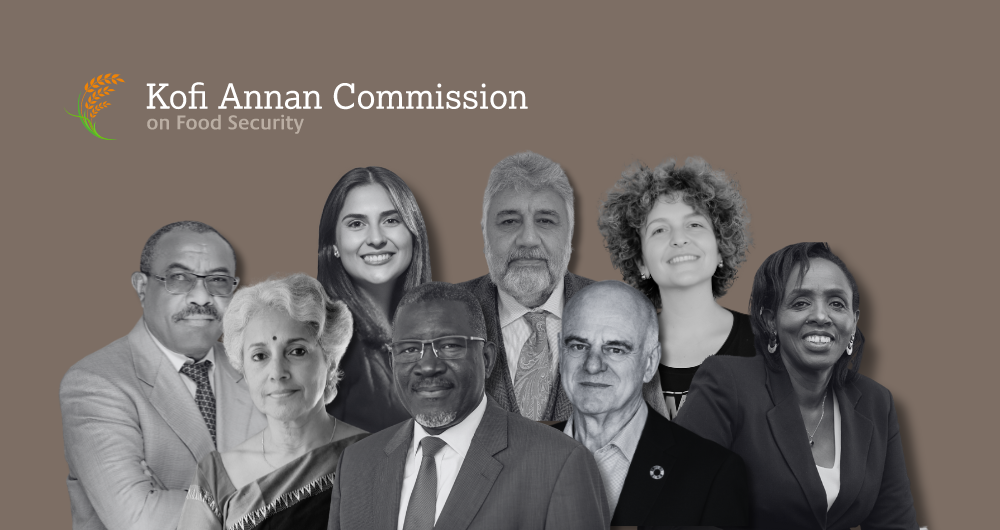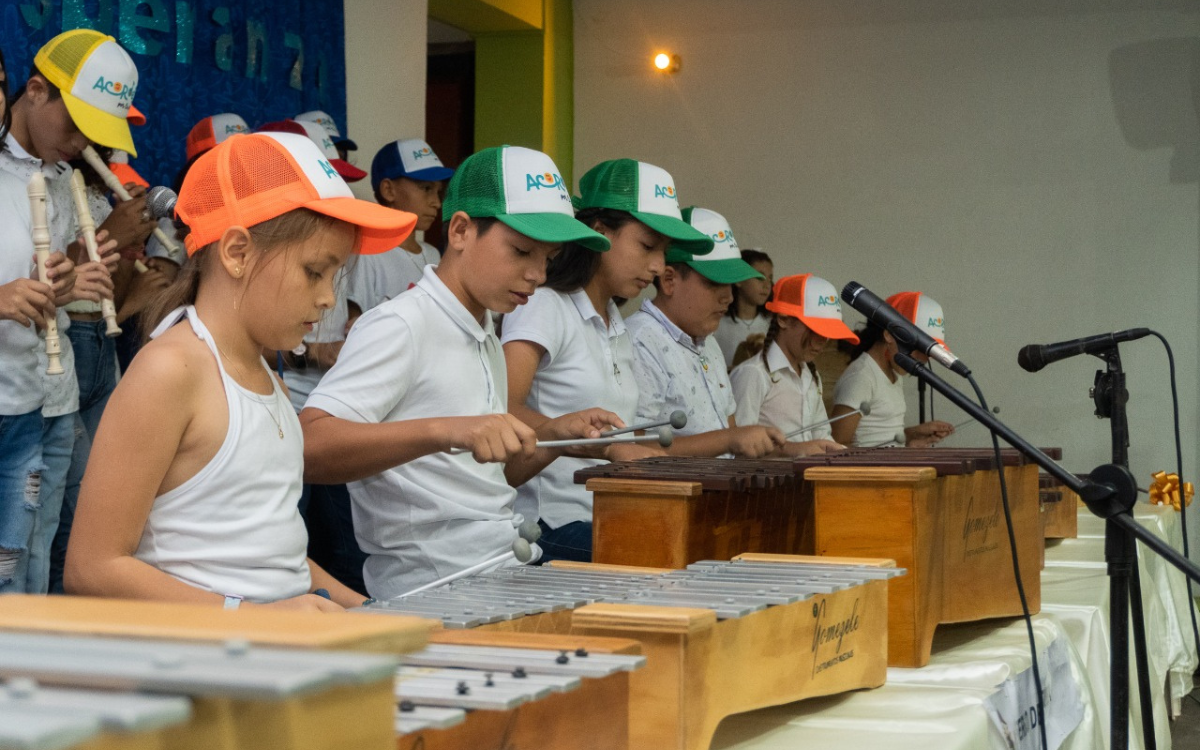OpEd | Nutritious school meals are the key for Africa’s children
At the 2021 Tokyo Nutrition for Growth Summit, national and global stakeholders made significant new policy and financial commitments to help achieve Sustainable Development Goal 2: Ending hunger and all forms of malnutrition by 2030. For its part, the African Union designated 2022 the Year of Nutrition, sending a powerful signal to its 55 member states to prioritize better nutrition and health for their citizens — especially for children, who are most vulnerable to the effects of malnutrition.
This article was originally published by Dexex on 1 March, 2022
On March 1, the AU marks the 7th African Day of School Feeding to highlight the essential role that school meal programs can and should be playing in this effort. The African Union Development Agency is also releasing new guidelines for member states on the design and implementation of such programs under the homegrown school feeding model, which links school meals to agricultural development by sourcing foods produced by local farming households.
We urge African governments to leverage these guidelines to help ensure that the African continent’s children get the nutritious foods they need to remain healthy and achieve their full potential in school and beyond. The World Food Programme’s “State of School Feeding Worldwide 2020” report shows how school meals are a highly effective strategy for addressing childhood malnutrition, including micronutrient malnutrition, while also improving students’ academic performance and attendance rates.
Continue reading at Devex.com >
—
Learn more about our work in Combatting Hunger >



